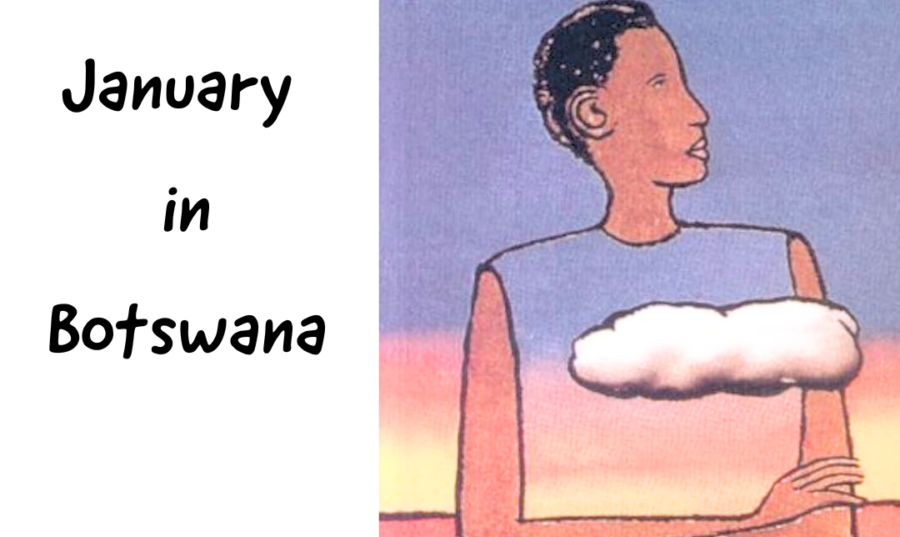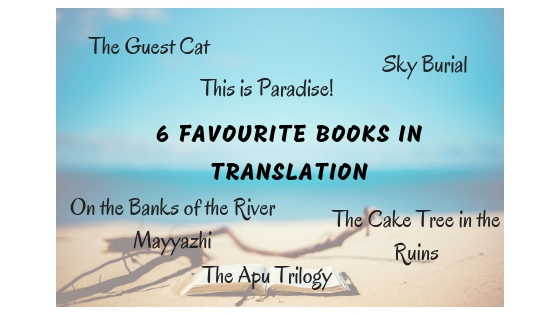I received The Stolen Bicycle as an ARC from NetGalley, and that’s how I came to read this Wu Ming-yi’s brilliant novel set in Taiwan. Longlisted for the Man Booker Prize 2018, The Stolen Bicycle retains its distinct flavour thanks to the masterful translation by Darryl Sterk, a teacher at the National Taiwan University specializing in translation and interpretation.
The title of the novel actually represents a very small corner of the story, and acts more like a prompt that unravels a wide range of themes. Heavily blurring the line between memoir and fiction, the narrator takes us through a bicycle ride through these vastly diverse topics that are somehow threaded together by bicycles.
The novel begins with the narrator describing how ‘thih be’, iron horses in Taiwanese, have always been extremely important in his life since childhood.
“No matter how I tell it, this story has to start with bicycles. To be more precise, it has to start with stolen bicycles. ‘Iron horses have influenced the fate of our entire family,’ my mother used to say.”
Using this as the springboard, Wu takes us on his quest to find his father who went missing 20 years ago along with his bicycle. His only clue to finding his father is the bicycle he used.
“Pa’s last bicycle was a Lucky. The only thing I remember about that bike is that it was unisex: you could adjust the top tube, turning a man’s bike into a woman’s. From then on, wherever this early Lucky unisex model turned up, I would go take a look. And that was how it started: my obsession with antique bicycles flowed from my missing father.”
By now we can gather how bicycles are a central figure in people’s lives with the brands, the make, and type indicating a person’s education and standing in society. In his search for antique bicycles the narrator also encounters people associated with them. Their stories take us through subjects as disparate as Taiwan’s butterfly industry, the rise of Shiseido cosmetics, bicycles, both Japanese and Taiwanese, and Western medicine in Taiwan, all written in dazzling, tangible prose.
“But every time she raised her head, she missed those days by the forest creek or in the wetland catching butterflies, when the humid valley wind would blow upstream…Her father’s sweat, the scent of male butterflies, and the smell of the rotten leaves and tender sprouts in the forest mingled together in her memory, thickening into an almost palpable miasma, until she was engulfed.”
Memories like these from different people are conveyed to us through diaries, emails, and verbal recollections. Wu does not leave himself out of this complex canvas either. There are long passages where he reflects on his own profession as a writer, the merits of being one, and the line between fiction and reality.
There were times when the book lost momentum due to the intricate detailing of so many topics. There were also times when I simply had to take a break from reading the book because of its multiple layering, which overwhelmed me. But I mostly relished the poignant family memories skillfully interspersed with economic, social, and historical facts about Taiwan. The narrator’s father “had a word for the art or skill a person carried around with him: kang hu…What was the difference between kang-hu and technique? Pa said that things made with kang-hu have soul.” And this book has loads of it.
Thanks to NetGalley and the publisher for sending me this copy for a review!



